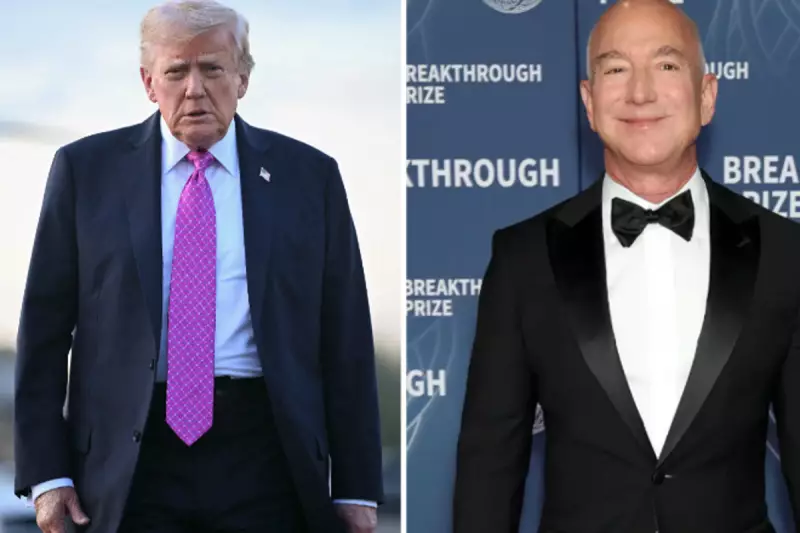
In a move that could fundamentally reshape America's technology landscape, former President Donald Trump has unveiled a controversial plan to dismantle the long-standing H-1B visa programme. His proposal, which would favour a merit-based selection system, has ignited a fierce debate about the future of skilled immigration and its impact on the US tech industry.
The End of an Era for H-1B?
Speaking at a recent rally, Trump declared his intention to "end the H-1B visa programme as we know it." He criticised the current lottery-based system, arguing it often leads to the displacement of American workers and suppresses wages. His alternative vision centres on an automatic green card pathway for foreign graduates of US universities, a policy he claims will "keep the brain gain" within the country.
This stance marks a significant hardening of his previous position. During his first term, the Trump administration did not abolish the programme but tightened the application process significantly.
Tech Titans Enter the Fray
The announcement has drawn immediate commentary from influential figures in the tech world. Elon Musk, CEO of Tesla and SpaceX, responded with a simple yet telling "Wow" on his social media platform, X (formerly Twitter). This reaction suggests the potential scale of disruption such a policy could cause for major tech companies reliant on global talent.
Meanwhile, Republican presidential candidate Vivek Ramaswamy, himself the son of Indian immigrants, offered a more nuanced perspective. He supported the merit-based principle but cautioned against a blanket approach, emphasising the need to protect American workers while still attracting the "best and brightest."
Implications for the UK and Global Tech
While the policy is US-focused, its ripple effects would be felt worldwide, particularly in the UK and India. The UK tech sector, which also competes for global talent, could see an influx of skilled professionals if the US route becomes more restrictive. For India, which is the largest beneficiary of H-1B visas, the policy could force a major recalibration of its IT services export model.
This proposal sets the stage for immigration to be a central battleground in the upcoming US presidential election, with profound consequences for the global technology industry.





